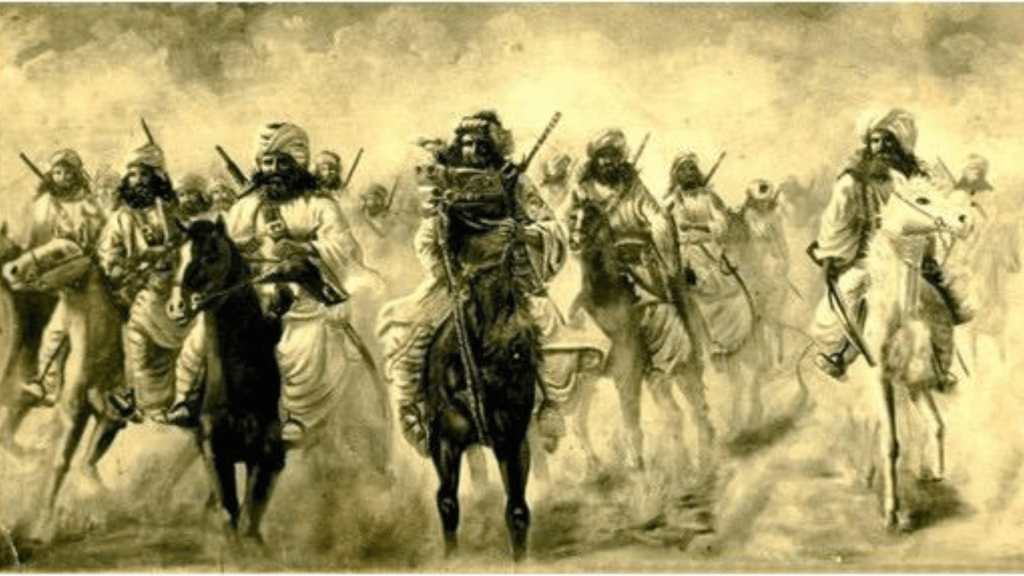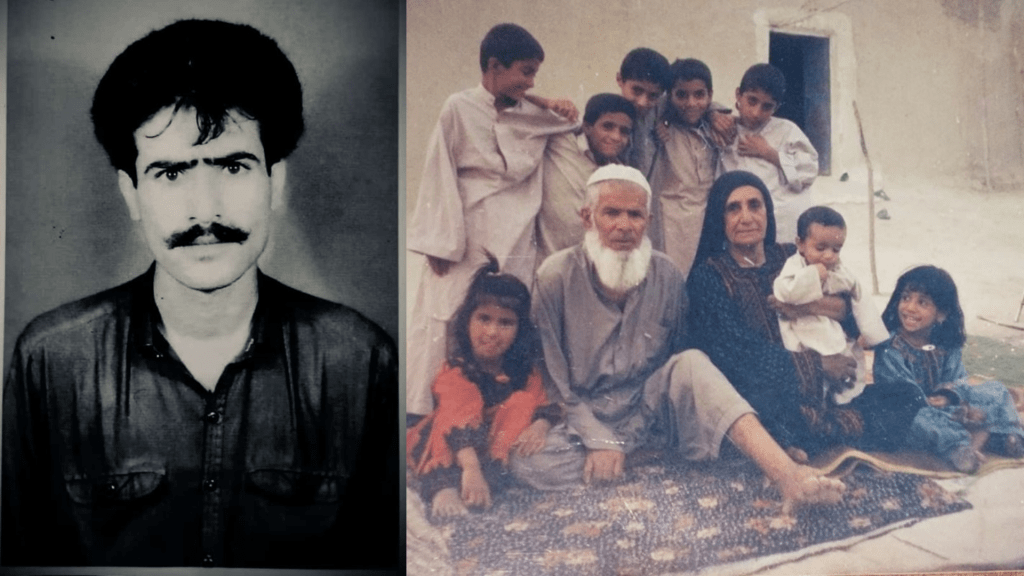The recent momentum in the case of missing persons has rightly caused a stir among political and social circles within and outside Balochistan.
It started after the participants of a peaceful really led by missing student leader Shabir Baloch’s family, among others, were manhandled by police in Quetta to stop them from visiting Chief Minister’s House where they had hoped to stress for the victims’ safe release.
Outraged by the government’s treatment of the protesting women and children, activists stormed the social media after pictures of the crying families were shared online.
The next day, Chief Minister Jam Kamal sent a police official in uniform with a message to the protest camp saying the CM could not make it but had agreed to meet the families the following day after Friday prayers.
Asked why couldn’t he make it, the messenger reasoned it was because of a transportation issue.
“He could’ve come in your car,” quipped one female protester while another live-streamed the exchange on Facebook.
Come following day, neither Jam Kamal nor anyone from his office showed up, but a police official in civilian clothes did. At the camp, he made several phone calls back and forth to CM House, finally telling the protesters that the CM could not come to visit the protesters.
Although the initial response was slow, federal coalition partner BNP-Mengal’s support towards the case of missing persons in the wake of recent events deserves credit.
However, this support must not be limited to joining street protests. The BNP-Mengal has to prove its promised pre-elections commitment of raising the issue of missing persons, in return of people’s votes.
Also, when the violent Tehreek-Labaik-Pakistan shut down major Pakistani cities and threatened to kill the military chief and its top leadership, the state bent down and negotiated to please them. But the state’s response towards the grievances of the peaceful families of Balochistan’s victims remains appallingly cold.
The tables have turned and it is now up to the state how it wants to deal with the issue, considering the concerned audience this time is not the regular anti-state.



